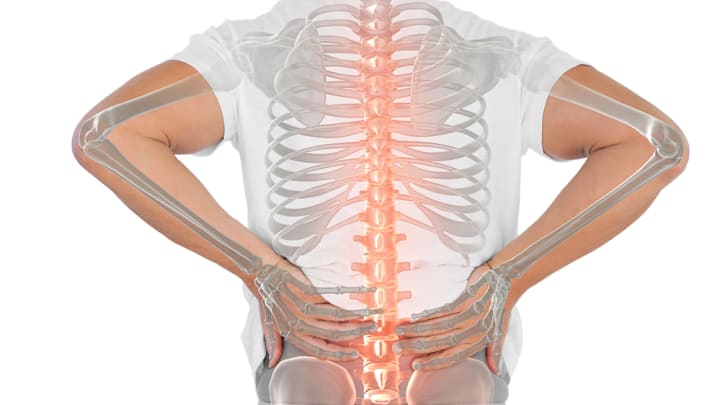Back Pain: The Weight We Carry Without Noticing

Back pain has a way of sneaking into our lives quietly—first as a dull ache after sitting too long, then maybe as a sharper sting when we bend, lift, or twist. Before we know it, our backs become constant companions in discomfort, subtly reshaping how we move, sleep, and even think. It’s one of the most common physical complaints around the world, and yet its causes and cures can be surprisingly elusive.
Behind the Ache: What’s Really Going On?
To understand back pain, it helps to picture the spine as a remarkable architectural structure—a stack of vertebrae cushioned by discs, held upright by muscles, ligaments, and tendons. It’s strong, flexible, and designed for movement. But that same complexity makes it vulnerable. Poor posture, a sedentary lifestyle, improper lifting, weak core muscles, and even stress can all put this delicate system out of balance.
Back pain isn’t just about injuries or wear and tear. Sometimes, it’s the body’s way of protesting daily habits that don’t seem harmful at all—like slouching in front of a laptop or sitting in traffic for hours. Over time, these small stresses add up, leading to stiffness, inflammation, or nerve irritation.
The Sedentary Trap We Fall Into
Modern life isn’t exactly spine-friendly. We sit more than ever—at desks, on couches, in cars—and the body was never built for prolonged stillness. When we remain in the same position for hours, especially with poor posture, the muscles supporting the spine start to fatigue and tighten. This isn’t just uncomfortable; it changes how we move. We compensate without realizing it, which can eventually lead to chronic pain.
But the solution isn’t just to stand up more—it’s to move differently. Movement that strengthens the core, elongates the spine, and restores flexibility can be powerful medicine. Think yoga, Pilates, or even brisk walking. It’s not about breaking a sweat, but about waking up muscles that have fallen asleep.
When Pain Becomes a Message
Pain is never random. Sometimes, it’s your body’s emergency flare—a warning that something deeper needs attention. A herniated disc, spinal stenosis, or sciatica might be the culprit, and in such cases, pain may radiate down the leg, or worsen at night. These red flags often require more than stretching or posture tweaks; they need a doctor’s input, sometimes imaging, and a well-structured plan.
However, the emotional side of pain often gets overlooked. Stress, anxiety, and even unresolved trauma can manifest physically, especially in the back. The spine becomes a battleground for tension we don’t even realize we’re holding. Studies increasingly show that chronic pain and emotional well-being are deeply intertwined—acknowledging this link can be a game-changer.
Back Pain and the Mind-Body Puzzle
One of the trickiest parts of managing back pain is the cycle it can create. Pain limits movement, reduced movement leads to weakness, and weakness often leads to more pain. Breaking this cycle involves more than fixing posture or doing stretches—it involves mindset. Building confidence in your body again, learning that movement isn’t dangerous, and giving yourself permission to take things slow all help reset the system.
Mindfulness, meditation, and even cognitive-behavioral therapy are showing up more and more in the conversation around pain. It’s not about pretending the pain isn’t there—it’s about not letting it dictate everything.
A Different Way to Carry Yourself
We tend to think of back pain as an isolated issue, something to "fix." But often, it’s a symptom of a larger imbalance in how we live. Understanding your pain means listening to your body—its habits, its history, and its hints. That might mean adjusting how you work, move, sleep, or even think.
It’s not always a straight path to relief. Some days will feel better than others. But every stretch, every walk, every moment of awareness adds up. So whether you're standing a little taller or simply breathing a bit deeper, you’re already starting to lighten the load your back has been carrying for far too long.